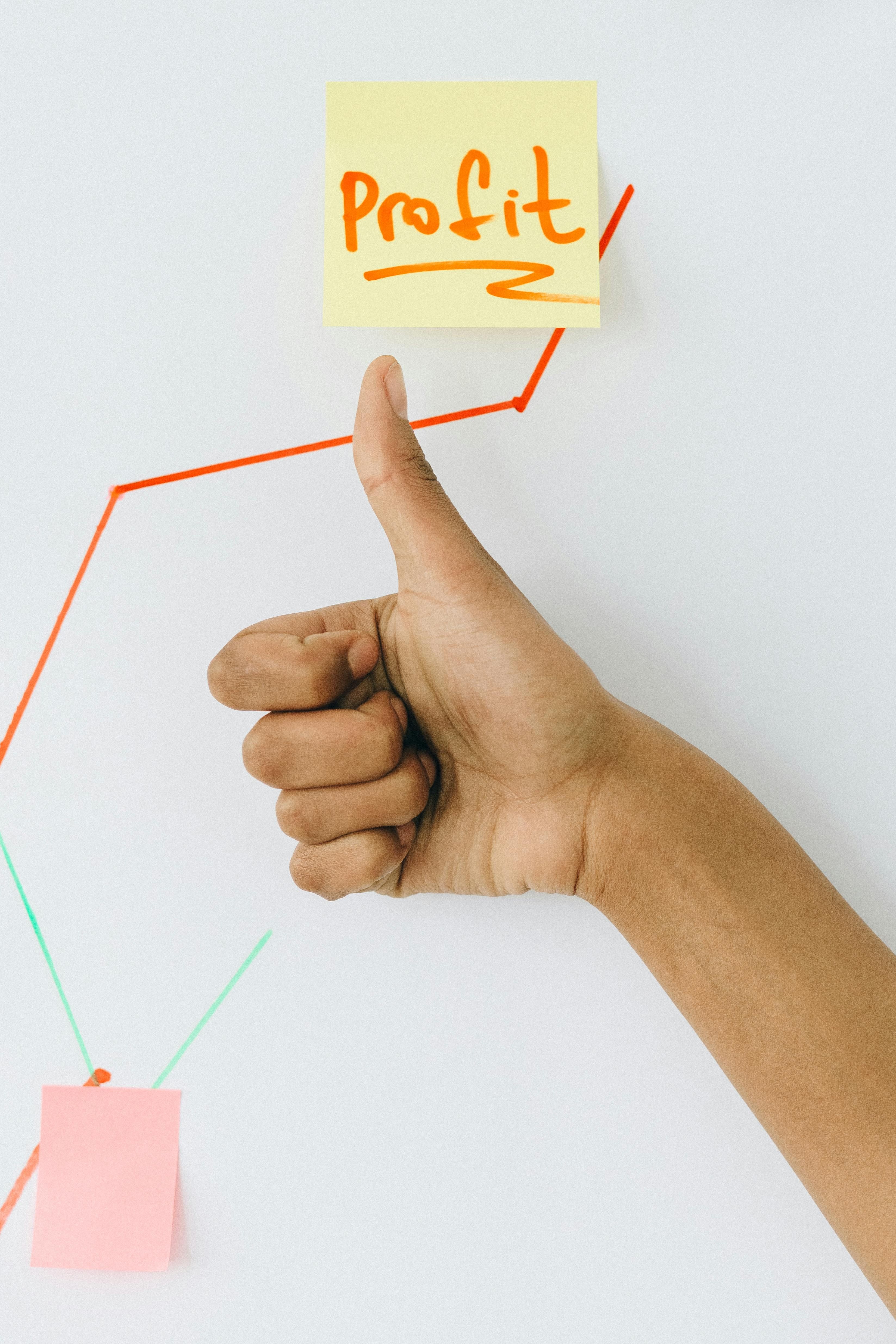Stocks in the United States projected to rebound significantly from their downward spiral due to import tariffs.
In a whirlwind of financial turbulence, the world's stock markets have been on a rollercoaster thanks to the escalating trade war and tariff policies implemented by President Donald Trump. Here's a lowdown on the current market chaos:
Market Mayhem
After the initiation of widespread tariffs, dubbed "Liberation Day" [1], on April 2, 2025, global stock markets started plummeting. This rapid downturn continued following China's retaliatory tariffs of 34% against the U.S., escalating the global trade war even further [1][2].
- US Markets: In just 48 hours, the Dow Jones shed a staggering 4,000 points – a first for consecutive 1,500+ point losses in its history. The S&P 500 and other indices have also been hammered [1][2].
- Europe: The STOXX 600 index plunged by 8.4% in a single week, while the FTSE 100 dipped nearly 5% on April 4, reaching a three-month low [1].
- Asia and Beyond: Japan's Nikkei suffered a severe fall, and Canada's TSX slipped by 4.8% in a day. China's stock market also dealt with substantial losses, as the country responded with countermeasures [1][2].
Economic Woes
As the trade tensions refuse to subside, fears of a worldwide recession have arisen, causing economic instability that goes beyond just financial markets. In fact, this instability is starting to impact consumers, with prices continuing to rise [2]. Corporations are feeling the pinch as well, with businesses like Klarna, Chime, StubHub pausing their IPO plans due to the market volatility [1].
Word on the Street
Despite the market turmoil, President Trump remains steadfast in his tariff policies, maintaining that they are yielding results [2]. On the international front, leaders from nations like Germany and Australia have publicly criticized the US actions, viewing them as an attack on the global trade order [1]. China has branded the tariffs as "protectionist bullying" [1].
There is no guarantee that this market resurgence will last, as further tariff escalation could lead to a US and global recession this year, according to predictions made by banks like Goldman Sachs and JPMorgan Chase [2].
In the midst of all this, some members within the Trump administration have already declared victory [2]. The optimism, however, hasn't been shared by industry leaders such as JPMorgan Chase CEO Jamie Dimon, who has issued a warning about the tariffs causing price increases, slowing the global economy, and denting America's international reputation by ripping up its alliances [2]. Even some of Trump's allies, like Elon Musk and Bill Ackman, have voiced concern over the dubious logic behind these tariffs [2].
Amidst all the controversy, stock markets around the world have made a recovery. On Tuesday, most Asian stock indexes closed higher, with Japan's Nikkei shooting up by 6%. South Korea, Australia, Hong Kong, and European markets all followed suit, posting temporary gains [2].
CNN's Anna Cooban and Juliana Liu contributed to this report.
[1] - The Washington Post[2] - The New York Times
- Investors are closely watching the ongoing trade war and its impact on global business, as the escalating tariffs have caused stock markets to plummet, with the Dow Jones dropping over 4,000 points in 48 hours.
- The economic instability triggered by the tariffs has started to affect more than just financial markets, with rising prices impacting consumers and causing business disruptions, such as the delay or cancellation of initial public offerings (IPOs).
- Despite some optimism within the Trump administration, industry leaders like JPMorgan Chase CEO Jamie Dimon have warned that the tariffs could slow the global economy, increase prices, and harm America's international reputation.








